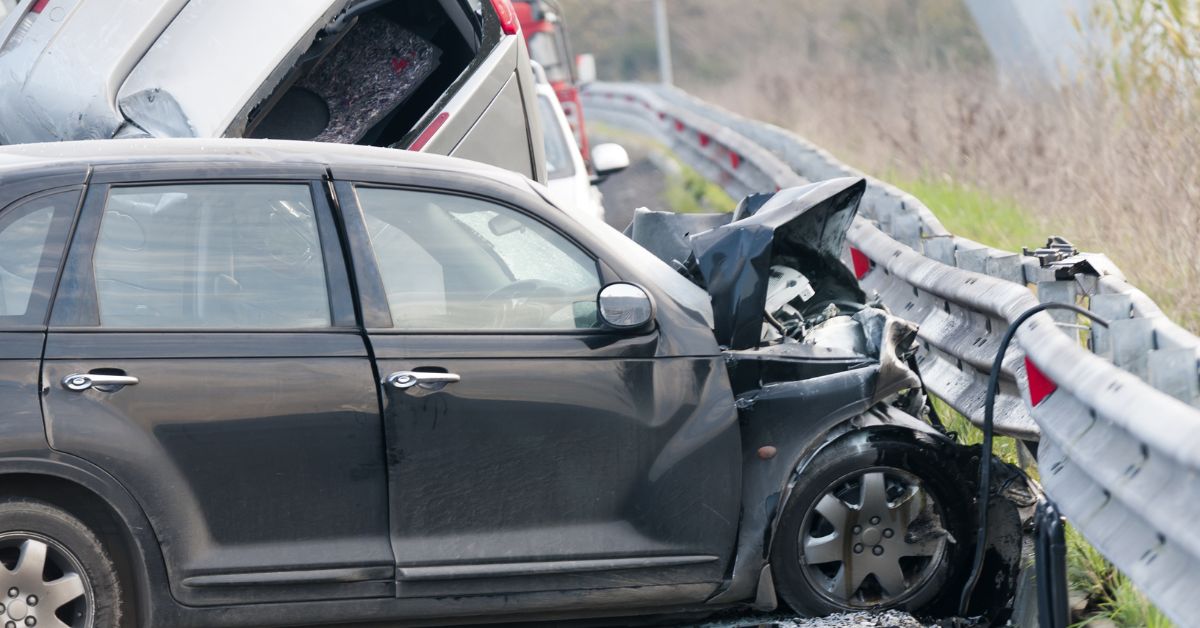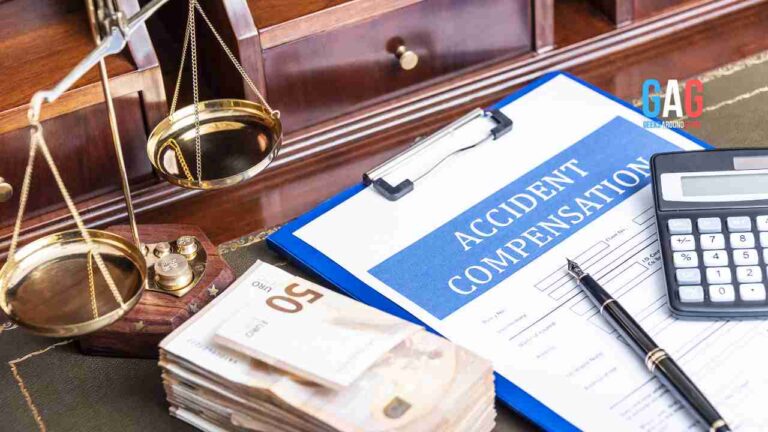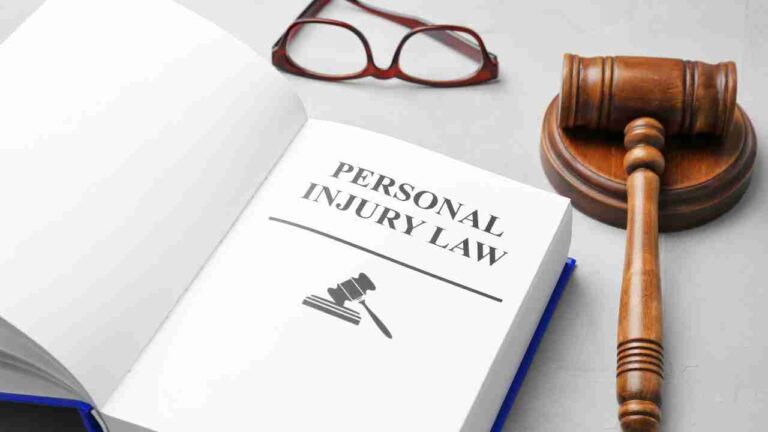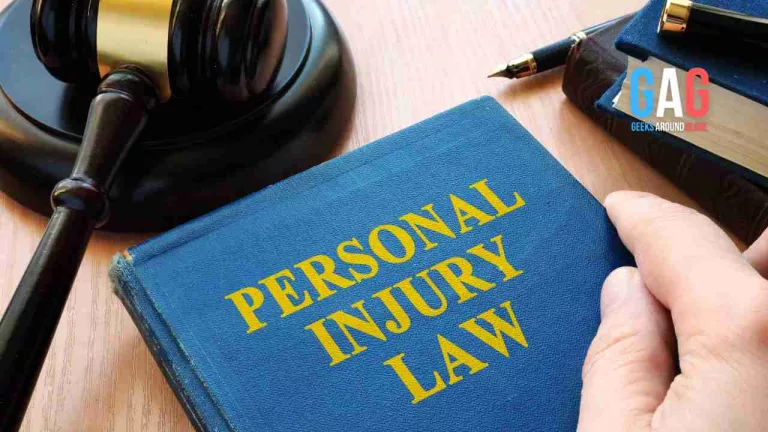Being involved in a car accident can be an overwhelming experience, filled with confusion and anxiety about what to do next. The situation demands quick thinking, knowledge of legal matters, and an understanding of insurance intricacies. From seeking medical attention to consulting with the best personal injury lawyer in Vegas, for example, it’s crucial to be prepared for the decisions and actions that need to be taken in the immediate aftermath, as well as in the weeks and months to follow. Below, we’ll delve into the critical steps to take following an auto accident aimed at safeguarding your health and legal rights.
Understanding the Immediate Steps After a Car Accident

The moments following a car accident are critical. The first priority should always be to assess your own safety and well-being, along with that of any passengers. If you are able, check on the condition of others involved and call emergency services for assistance. It’s important to keep calm and avoid assigning blame or responsibility while at the scene.
No matter the severity of the accident, you’ll want to call the police to the scene. An official report can be invaluable to the claims process as it provides an authoritative account of the incident. Be sure to request a copy of the report for your records. Cooperation with law enforcement can further aid in establishing the facts of the accident.
Lastly, notify your insurance company as soon as possible to begin the claims process. Transparency is crucial; provide them with all the details and documentation you’ve gathered. However, refrain from speculating about the accident’s causes or your liability when discussing with insurance adjusters or the involved parties.
Managing Medical Concerns Following a Vehicle Collision

After a collision, it’s crucial to prioritize your health. Even if there are no visible injuries, it’s important to visit a healthcare provider for a thorough check-up. Symptoms of certain injuries, such as painful whiplash or concussions, can appear days after the incident, making prompt medical attention essential for your well-being and for documenting any accident-related injuries.
Retain records of all medical visits, treatments, and prescriptions. This includes visits to general practitioners, specialists, physiotherapists, and any other medical professionals. Comprehensive records bolster your insurance claim and provide necessary proof if there are legal proceedings. They serve as evidence of the extent of your injuries and the impact the accident has had on your life.
Keep track of all related expenses as well, which can later be included in the insurance claim. These expenses can range from medical bills and prescription costs to transportation expenses associated with medical appointments. Your financial recovery depends on meticulous documentation of all incurred costs.
It’s also important to follow your doctor’s advice and complete the prescribed course of treatment. The responsibility is on you to mitigate further harm. Insurance companies and courts can reduce compensation if they believe you failed to take reasonable steps to recover from your injuries.
Legal Considerations and When to Hire an Attorney
If the accident results in significant property damage, injury, or a dispute about who is at fault, you should consider consulting a legal professional. Lawyers specialized in personal injury and automotive accidents can provide crucial guidance, assess the viability of your case, and represent your interests. They navigate the legal complexities that come with serious accidents and fight for fair compensation.
Finding the best personal injury lawyer is pivotal. A qualified local attorney understands traffic laws, insurance nuances, and how local courts operate. Their expertise in jurisdiction-specific matters can greatly influence the outcome of your case.
Don’t wait too long to seek legal advice. Each state has a statute of limitations that sets a deadline for when you can initiate legal proceedings following an accident. Missing this deadline can bar you from seeking compensation altogether. An attorney can help ensure that all legal actions are timely and that you meet all critical legal deadlines.
Personal injury attorneys typically work on a contingency basis, which means they get paid a percentage of the settlement or court award. This can be reassuring since they are motivated to maximize your recovery, and it eliminates upfront legal costs. However, the agreement should be clear on terms and percentages to avoid surprises.
Altogether, navigating the aftermath of a car accident requires a multifaceted approach, dealing with immediate safety, medical care, and legal issues. Understanding each step can greatly assist in ensuring a smoother recovery process and help protect your long-term interests.







